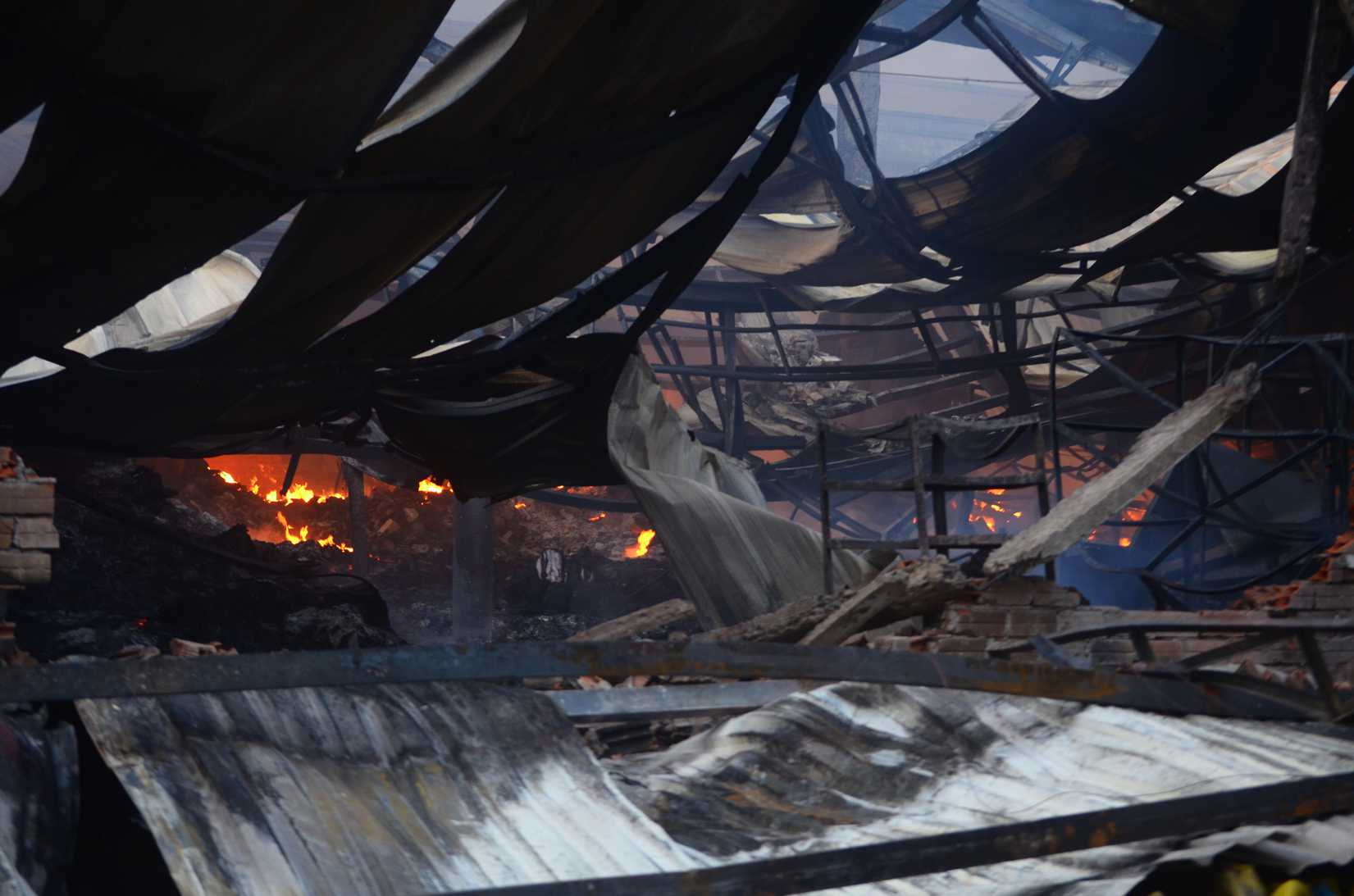
At least 21 people were killed as anti-China riots in southern Vietnam escalated and spread to the center of the country on Thursday.
A doctor in Ha Tinh province described five of the dead as Vietnamese workers and others as Chinese. He said they were among roughly 100 people sent to his hospital, Reuters reports. Over 600 Chinese have fled across the border to Cambodia.
The riots erupted following a large-scale demonstration on Tuesday to protest China’s May 1 deployment of an oil rig in waters claimed by both Beijing and Hanoi, triggering the most critical stand-off between the two countries in over three decades.
Rioters have torched and vandalized dozens of foreign-owned factories, mistaking them for Chinese enterprises. On Wednesday, they attacked a $20 billion Taiwanese-owned steel plant set to be the largest in Southeast Asia once it is completed in 2020.
About 600 people have been arrested for looting and inciting the crowd in Binh Duong province, where the riots started, state-run Thanh Nien newspaper quoted the local police chief as saying.
An editorial in the Beijing-friendly Global Times said that Vietnam had “cornered itself” and pointed out that demonstrators during similar outbursts of nationalist fervor in China — such as the anti-Japan demonstrations of 2012 — were more restrained. (However, Japanese automakers lost an estimated $250 million in output during the protests over the disputed Senkaku/Diaoyu islands.)
Vietnamese and Philippine hopes of a united regional stance in the face of Chinese assertiveness were meanwhile dashed as Southeast Asian leaders failed to agree on a joint statement during the ASEAN summit last weekend. Hanoi and Manila are the most embroiled in territorial conflicts with China in the South China Sea, but face opposition from neighboring countries with precious economic ties to Beijing.
The United States has called on both sides to show restraint, with White House spokesman Jay Carney telling a regular briefing that this kind of dispute needs “to be resolved through dialogue, not through intimidation.”
More Must-Reads from TIME
- Why Biden Dropped Out
- Ukraine’s Plan to Survive Trump
- The Rise of a New Kind of Parenting Guru
- The Chaos and Commotion of the RNC in Photos
- Why We All Have a Stake in Twisters’ Success
- 8 Eating Habits That Actually Improve Your Sleep
- Welcome to the Noah Lyles Olympics
- Get Our Paris Olympics Newsletter in Your Inbox
Contact us at letters@time.com